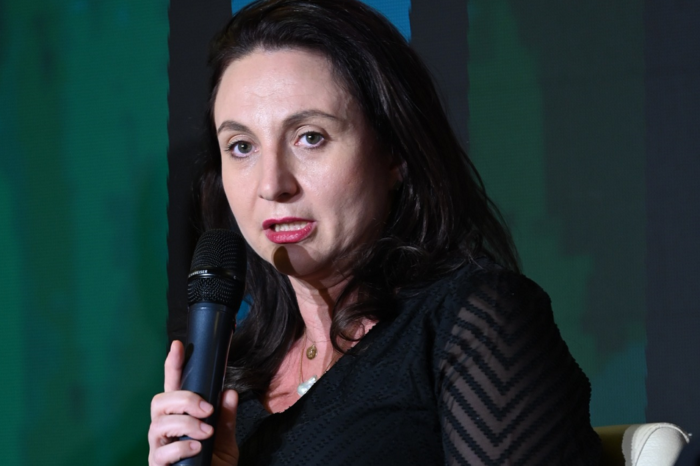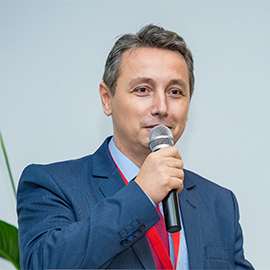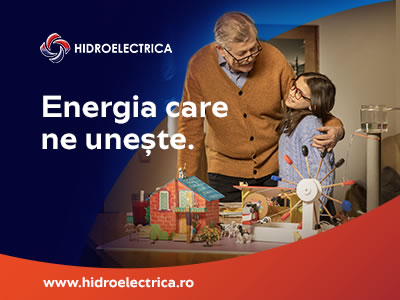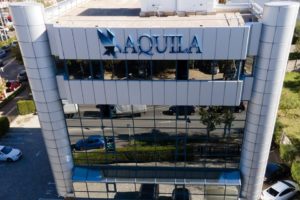Catalin Stancu, Horvath: “Romania has a chance for an economic restart that comes with many challenges”
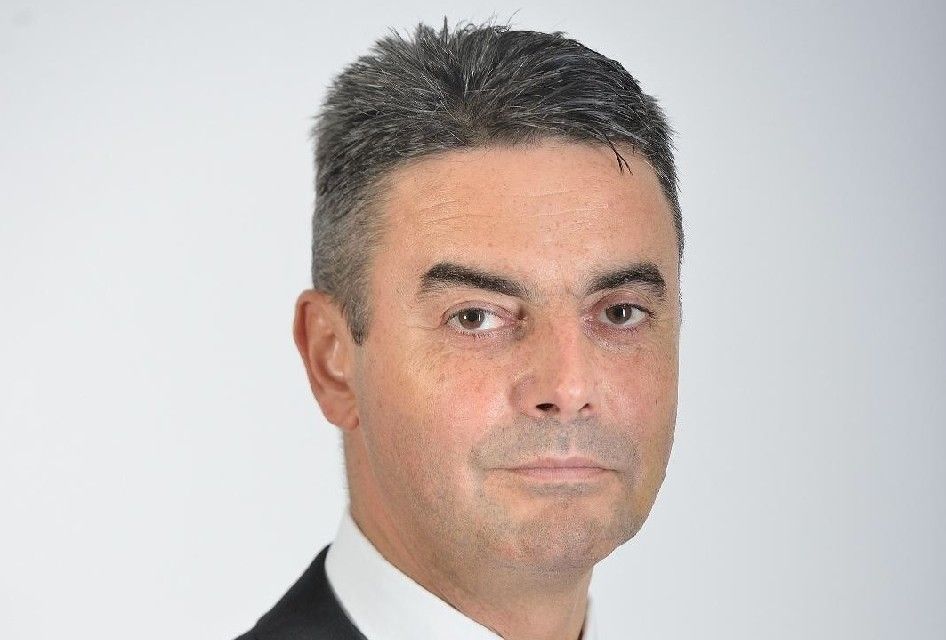
“The topic of smart cities is extremely complex. We have the Green Deal, we have the Fit for 55 document, which is the European Commission’s proposal that will probably be followed by a long negotiation process. We must pay attention to how complex this transformation is.
I think there are at least 5 areas we need to look at from the perspective of a smart city. Most of the themes fold on the themes of the Green Deal. The heating and renovation part seems to be one of the most complicated to solve in the context of Fit for 55,” Catalin Stancu, Associated Senior Expert, Horvath said during Smart Transformation Forum organized by The Diplomat-Bucharest.
“There is also the classic problem of energy efficient buildings, where Romania is not great at all. We have a renovation target of at least 3% in the park of public buildings. Romania has proposed a path that seems to solve this problem after 2025.
The second area is green mobility, where two technologies seem to be frontrunners: electric vehicles and hydrogen vehicles.
The third theme is the Internet of Things, which means collecting information and optimizing processes in cities. I don’t think that Intelligent Traffic exists in any city in Romania. I know that Bucharest had such a system but without being put into operation.
The fourth area is the circular economy, with the central problem called waste management. The degree of recycling of municipal waste is about 10% nationally. By 2025 we should be at 55%, and Germany is at 65% today.
The last topic is public services. We are on the last place in Europe in digitalization.
The transformation that awaits us is very complex and complicated. Many areas intertwine. An approach that does not start from a very serious analysis risks not having the best results. The even greater risk is to have contradictory initiatives. Preparing for this transformation depends on our ability to manage such transformations: technical capacity, access to resources.
Romania should have the capacity to absorb over 100 billion euros through various funds and programs. On the last multinational exercise, Romania’s performance was 15 billion out of 33 at the end of last year. This would mean that Romania needs to increase its absorption capacity by 300%.
It is a chance for an economic restart that comes with many challenges. Large communities will play a leading role in smart transformations from the perspective of the complexity of the problems.”

